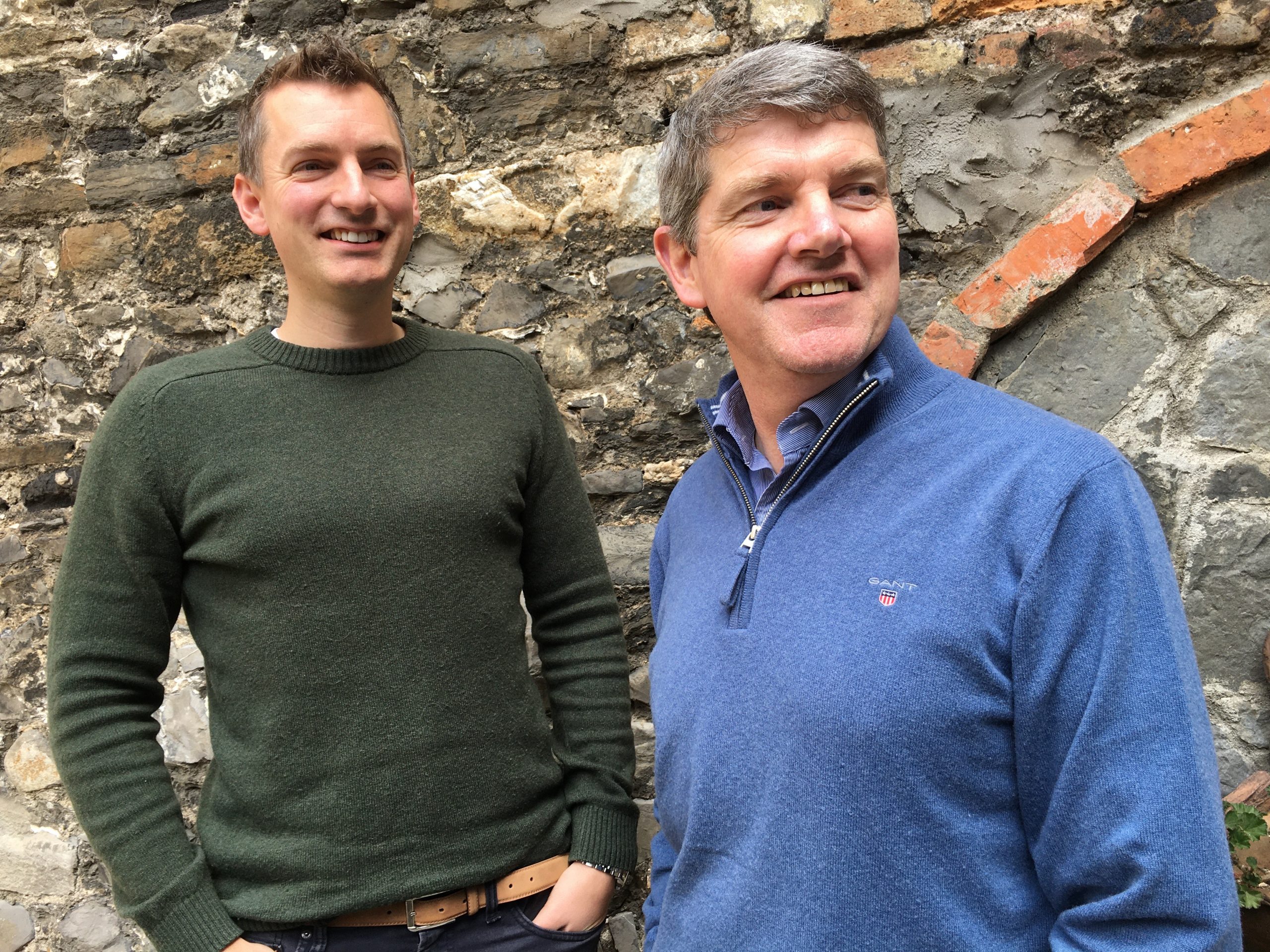The courtship began 12 months ago over lockdown walks at various Dublin parks. There was a stroll around St Stephen’s Green, a ramble through Deer Park and a saunter in Mount Merrion. Maurice Roche had known Richard Barnwell for more than a decade, ever since Barnwell pitched up at his office with a PowerPoint asking for money to build computer games. Roche knew nothing about the sector but quickly recognised that Barnwell did. Delta Partners, the early-stage venture capital firm in which Roche was an investor, quickly wrote a cheque and took a stake in Barnwell’s company, Digit Games. It…
Cancel at any time. Are you already a member? Log in here.
Want to read the full story?
Unlock this article – and everything else on The Currency – with an annual membership and receive a free Samsonite Upscape suitcase, retailing at €235, delivered to your door.

